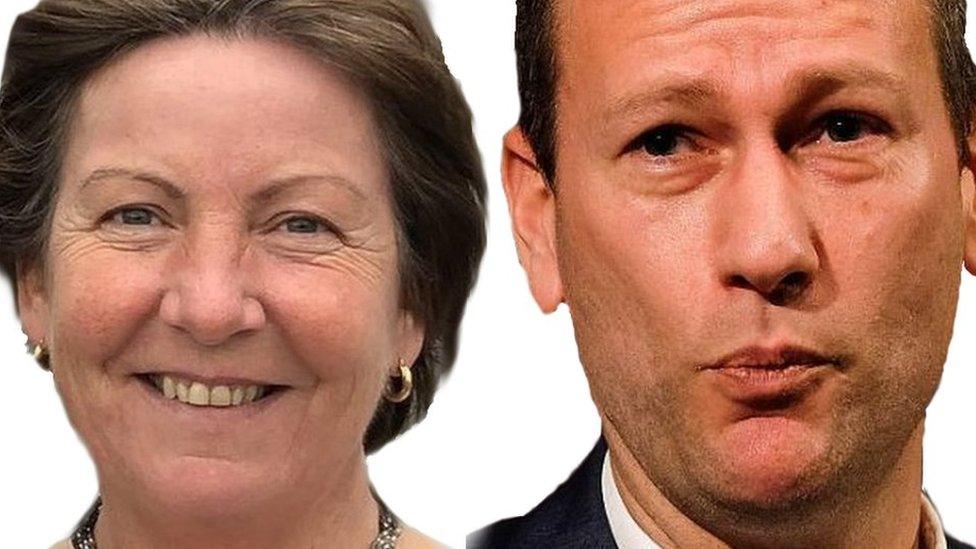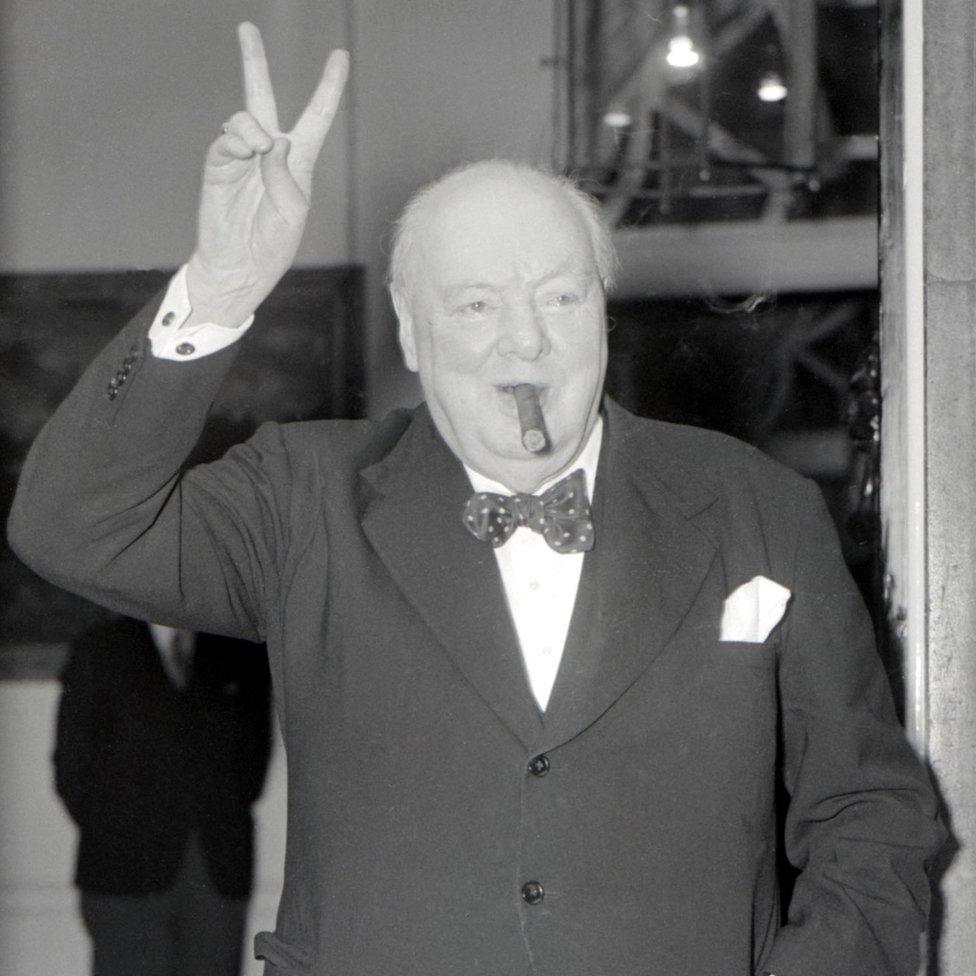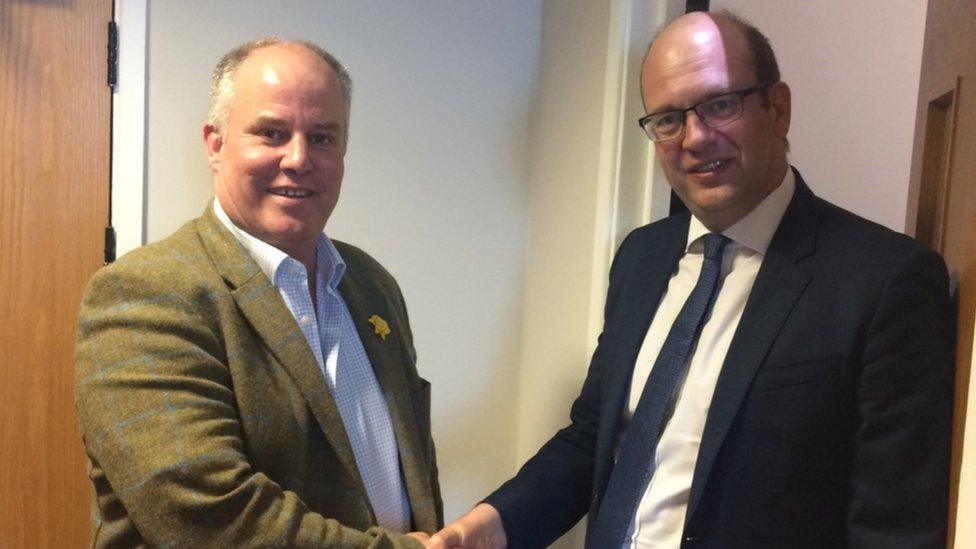Sitting members: When politicians and their parties disagree
- Published

Mandy Jones, like her predecessor Nathan Gill, is a UKIP member but will not sit with the party
"Keep up people - we've got two independent AMs who are still members of their parties. We've got an independent AM in the Labour government. And another AM in a party's group who isn't a member of that party."
That's the observation of one BBC Wales journalist on the latest UKIP row which has seen its assembly group first gain and then lose a new member within the space of a fortnight.
Like her predecessor Nathan Gill, Mandy Jones says she remains a member of the party but will sit as an independent member of the Senedd.
As for the other independents, one is Neil McEvoy who is suspended from the Plaid Cymru group but is still in the party.
Lord Elis-Thomas is the independent AM with a government post, while Mark Reckless - elected in 2016 as a UKIP AM - now sits with the Conservatives.
But there are no clear rules which say an elected politician should stand down or seek re-election if they leave the party for which they were elected - literally "crossing the floor" in the case of MPs in the House of Commons.
Among MPs, there is a widely-held belief - however arguable - that under the first-past-the-post electoral system people are voting for their favourite candidate rather than a party, although their national leaders might claim some if not all of the credit.

Sir Winston Churchill: "Anyone can rat, but it takes a certain amount of ingenuity to re-rat"
Sir Winston Churchill was one of the most famous serial defectors in his younger days - a Conservative who turned Liberal in 1904 in support of free trade, before standing as an independent in 1922 and returning to the Tories in 1924.
Commenting on his changes of political allegiance, Sir Winston said: "Anyone can rat, but it takes a certain amount of ingenuity to re-rat."
Prof Roger Awan-Scully of Cardiff University's Wales Governance Centre says: "There is no clear precedent for what people should do in circumstances where they defect from one party to be an independent, or from one party to another.
"Some people have at times in the past chosen to stand down to fight a by-election - more commonly they don't."
So an MP or AM is not obliged to stand down and seek re-election unless they want to make a point.
Mark Reckless himself was a rare case in point - a Conservative MP who defected to UKIP, he stood down to fight a by-election under his new party colours and won, although his old party took the seat back at the 2015 general election. As a result, he found himself available to help run the UKIP campaign - and win election himself - a year later in Wales.
More often than not, a defecting MP or AM will sit tight, claiming they have a personal mandate, which may or may not be proved true if and when they choose to face the voters at the next scheduled election.

Welsh Tory leader Andrew RT Davies welcomed ex-UKIP AM Mark Reckless to his fold
But for someone elected via the Welsh Assembly's regional list - where people are asked with their second vote to choose a party rather than a candidate - the claim of a personal mandate could be less justified.
As far as UKIP voters in north Wales are concerned, Prof Awan-Scully does not believe that they are being denied their electoral choice, pointing out that both Nathan Gill and Mandy Jones remain card-carrying members of their party.
"Their assembly group has been so fractious," he says.
"People are in a sense getting a UKIP AM but not somebody who's going to be sitting as part of their group.
"There's very little understanding amongst most of the public as to how the additional member system [or regional list] works - there's very low recognition of most list AMs and I think most people have very little idea of how the two-ballot system works.
"To most people this will be incredibly obscure.
"There's certainly no clear reason to see why someone who was the next candidate on the list should stand down, just because the rest of the group decide they don't want her.
"There are much wider issues about the electoral system that might be dealt with than whether someone's maybe had a falling out with their party colleagues, and therefore no longer sits within that party group."
- Published9 January 2018

- Published3 November 2017

- Published6 April 2017

- Published21 May 2013
